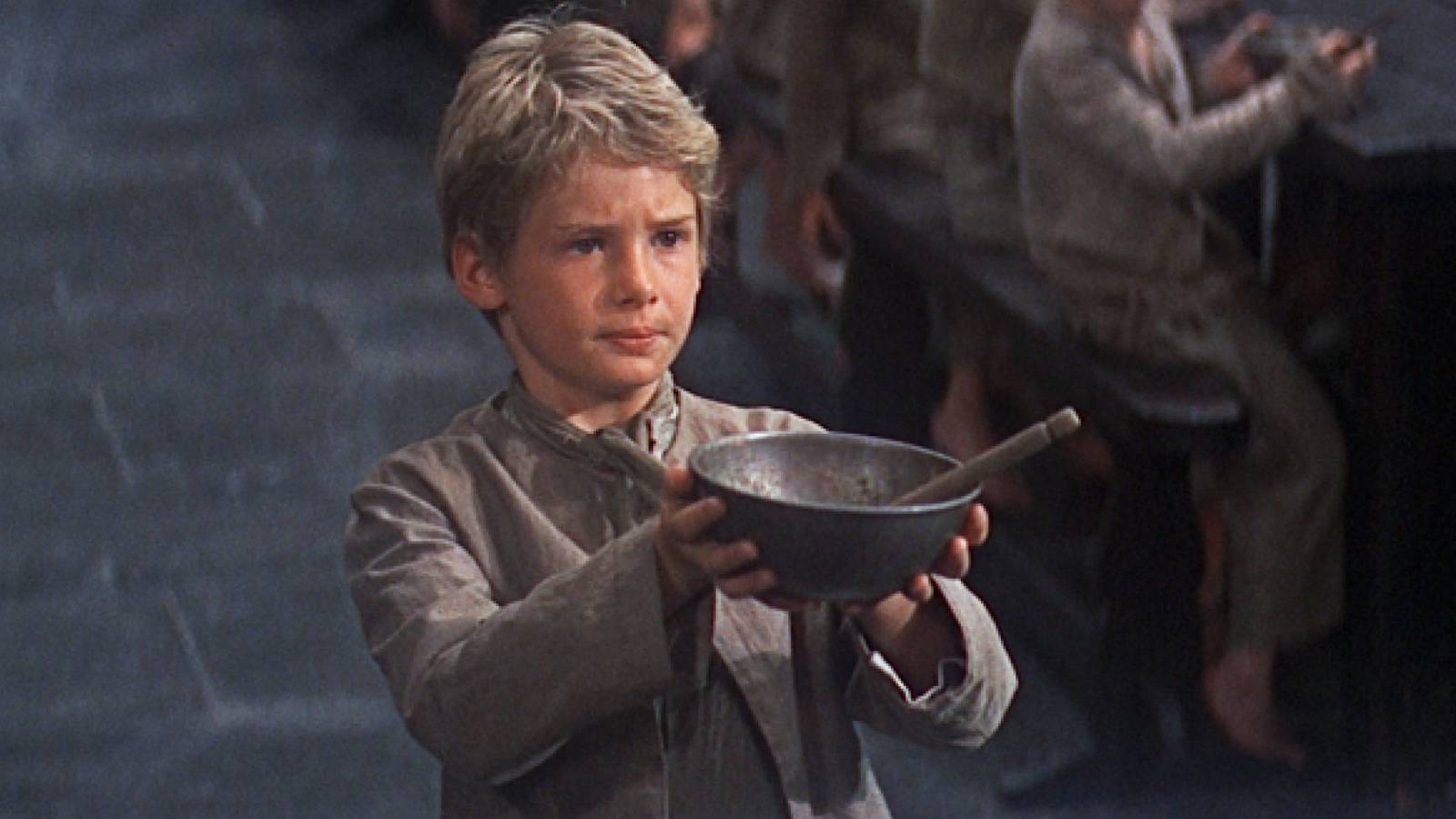1. Foreign Films Aren’t Just for Cinephiles Anymore
Once upon a time in the West, foreign films were niche. It wasn’t easy to find them, let alone watch them—and it was immensely difficult to convince others to watch with you. Foreign film watchers were seen as snobs because only they were willing to put in the effort.
However, there’s been a marked change in international tastes since the start of the 21st century. With growing availability to watch films from all over the world—in large part due to streaming services—foreign films have wriggled their way into the public consciousness.
It first started with anime projects from Japan, where children started to adore the phenomena of shows likeDragon Ball ZandPokémon. Later, Disney began dubbing all of Studio Ghibli’s best works, introducing audiences to foreign anime movies for the first time en-masse.
Related:Every Studio Ghibli movie, ranked
Of course, there have always been movies that have traversed cultural gaps despite their foreign stamps, and some have even become popular with Western audiences. But for a foreign film to wholly grab an audience’s attention? Studio Ghibli was one of the first to do that.
Studio Ghibli’s success led to an entire generation who were comfortable with seeing movies from beyond America, and it set the stage for international films to be integrated into Western cinema culture.
With foreign-language movies more acceptable than they’ve ever been before, are remakes even necessary?
2. Subtitles Aren’t a Big Deal Anymore
Subtitles? What subtitles? Oh,thosesubtitles.
As anyone who’s watched international media for longer than five minutes already knows, subtitles blend into the background. If you can read with adequate speed, you soon forget that subtitles are even there.
As mentioned earlier, studies have shown that more and more modern viewers are watching with subtitles on—for reasons unrelated to hearing difficulties or foreign languages. In other words, more and more people find subtitles to be a useful part of the viewing experience.
And as the use of subtitles grows across age groups, the cultural barrier to watching international films disappears.
3. International Actors Are Achieving Global Recognition
What do the following names have in common: Javier Bardem, Penelope Cruz, Irrfan Khan, Tony Leung, Jean Dujardin, Julie Delpy, Mads Mikkelsen, Noomi Rapace?
They’re all actors who’ve filmed movies for America and for their native homelands, both to wide success.
The fact is, Hollywood isn’t what it was back during the 1950s when Dean Martin would share a drink with Cary Grant while discussing their upcoming movie. These days, the film industry is comprised of actors from all over the globe—nationality is no longer a firm barrier.
In the case ofAnother Round, Mads Mikkelsen’s performance earned him a BAFTA nomination (and he was so close to an Academy Award nomination as well). Mads Mikkelsen is a known name—so do we really need an English-language remake with Leonardo DiCaprio?
Would it actually be any better? Is DiCaprio an objectively better actor than Mikkelsen? Does English improve the story at all?Another Roundis already known well in the West, so what’s the point in remaking it?
4. Remakes Are Lazy Cash-Ins
Let’s be frank: at the end of the day, remakes of foreign films are primarily about money. Studios are drawn to movies that have already proven noteworthy at the international box office because that success makes it a safer bet than investing in a brand new film.
It’s about the financial balance when it comes to Western remakes of foreign films. After all, when you look at all of the English-language remakes of non-English films, how many of them wereactuallybetter?
Case in point, Netflix’sThe Guiltywas a solid watch, but an unnecessary remake of the Danish version that added nothing to the original—and perhaps even made it worse, depending on how you feel about the altered ending. So many remakes are also “solid but unnecessary.”
With the market more open and diverse than ever before, remakes are bound to become less popular and less needed, given that audiences are more used to the experience of international films.



![]()































